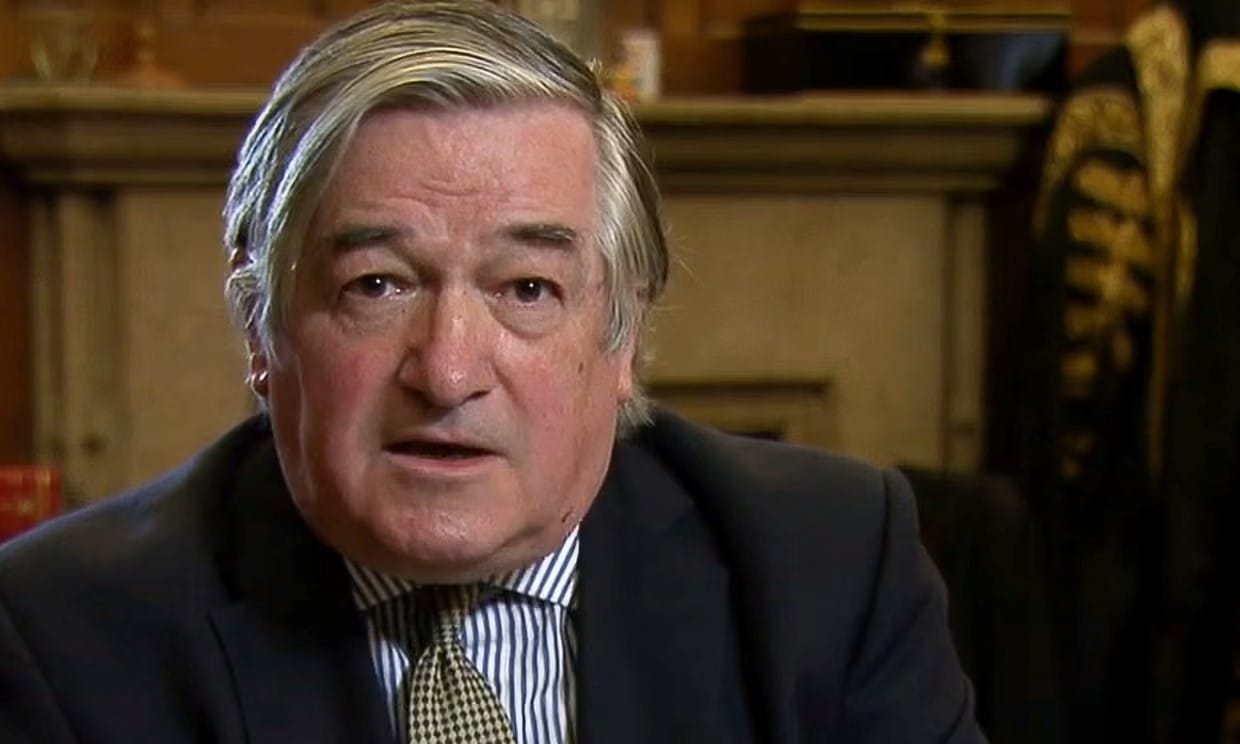RC v FP [2025] EWFC 123
Mr Nicholas Allen KC sitting as deputy High Court judge. Judgment in private law children proceedings extending transparency order until child’s 18th birthday.
Judgment date: 8 May 2025
https://caselaw.nationalarchives.gov.uk/ewfc/2025/123
Mr Nicholas Allen KC sitting as deputy High Court judge. Judgment in private law proceedings to preserve the anonymity of the child until their 18th birthday.
Background
The parties are ‘RC’ the applicant father, and ‘FP’ the respondent mother. The private law proceedings were issued in relation to F’s application for child arrangements and parental responsibility orders in September 2022.
There was media interest in the case given that the mother is famous (with a large social media following) and it was her position that she is a ‘survivor of reproductive domestic abuse’. Accredited journalists from both the BBC and ITV attended one or more hearings and a transparency order was made which was to remain in force ’until the cessation of proceedings or further order’. It is this order which F sought to extend.
The judge’s directions order on the children applications recorded as a recital that ‘The court determined that parts of [F’s] behaviour can be characterised as domestically abusive and controlling towards [M] pursuant to PD12J’ which reflected her extempore judgment. F filed a Schedule of Admissions as ordered. His admissions included that (i) he had led M to believe they were in a committed and monogamous relationship, discussed marriage, and he had expressed his wish to have a family together; (ii) he and M had planned her pregnancy; and (iii) during the course of this relationship he had an existing partner who became pregnant with their second child. F accepted that M would have been deeply affected and that this caused her emotional harm.
Later that year, F applied for permission to withdraw his applications for a child arrangements and a parental responsibility order. He separately applied to extend the transparency order until the child’s 18th birthday. M also applied for a declaration of parentage to enable the child to have a Country A passport.
A hearing was scheduled to hear these applications at which four accredited journalists from the BBC and ITV also attended. F’s application to withdraw his parental responsibility application was not opposed on M’s behalf and he was granted the permission sought. Mr Nicholas Allen KC gave directions in relation to the declaration of parentage application.
F’s application to withdraw the child arrangements order application was strongly opposed on M’s behalf. The judge granted him permission based on a rule 29.4 welfare determination. Section 1(1) of the Children Act 1989 was the judge’s paramount consideration. There was no advantage to the child to be derived from the proceedings continuing. The judge did not accept that this would be a derogation from his responsibility to determine the arrangements. Direct contact had been agreed between the parties.
Transparency order
At this hearing, the judge considered:
- the Father (RC)’s application to extend the transparency order made by HHJ Talbott in 2023 to preserve the anonymity of the parties’ child until their 18th birthday (the order was due to expire at the end of the proceedings); and
- applications by the BBC and journalist Ms Lucia Osborne-Crowley to be able to report the identities of the parties, the parties’ child, any other professional whom they consider to be relevant, and report the contents of all documents in the proceedings.
The mother opposed the father’s application to extend the transparency order and fully supported the media’s application.
The judge considered the statutory restrictions on publishing reports of proceedings concerning children, specifically:
- AJA 1960 s 12(1)(a) which prohibits the publication of accounts of what has gone on in front of the judge sitting in private, of documents such as witness statements, position statements, skeleton arguments, or other documents filed in the proceedings, of notes or transcripts of the evidence or submissions, or summaries of such documents (this prohibition does not end once the proceedings have concluded); and
- CA 1989 s 97(2) which prohibits the publication of any material which is intended, or is likely, to identify (i) any child as being involved in any proceedings before the High Court or the family court in which any power under this Act or the Adoption and Children Act 2002 may be exercised by the court with respect to that or any other child; or (ii) an address or school as being that of a child involved in any such proceedings (this prohibition comes to an end once the proceedings have concluded).
The court has jurisdiction both to relax and increase these statutory restrictions.
The judge also considered the parties’ and the child’s Article 8 rights to respect for private and family life; M’s right, under Articles 8 and 10, to tell her story; and the Article 10 freedom of expression rights of M and the media applicants. The judge considered previous case law and:
- acknowledged that he must apply an intense focus on the comparative importance of the Article 8 and 10 rights in this case and the Human Rights Act 1998 s 12;
- observed that the stability of the children’s circumstances should be preserved to the greatest extent possible (extending to ensuring that the child is not adversely affected by publicity surrounding the breakdown and re-constitution of his or her family life);
- the child’s welfare is a primary (not paramount) consideration for the court (ZH (Tanzania) v Secretary of State for the Home Department [2011] 1 FLR 2170 per Baroness Hale of Richmond at [33]); and
- open justice, and the rights of the media to report on court proceedings are also an important consideration.
In considering the above (and other principles) the judge considered the Transparency Reporting Pilot and the areas of potential harm to the father and child, including the harm the mother’s use of social media had already done to the relationship between the child and the paternal family.
The judge considered the welfare of the child and determined that when carrying out the ultimate balancing test, the appropriate balance to be struck in relation to the competing rights in this case fell in favour of maintaining the reporting restrictions that were in force until the child’s 18th birthday. The judge determined that there are obvious and serious risks to the child’s welfare from full, deanonymised, reporting of these proceedings and that, despite submissions from M’s and the media’s counsel, the public interest in reporting this case is insufficient to warrant taking this step.
The judge ruled that there is no reason in this case to depart from the presumptive privacy afforded to parties and, more importantly, children, within the Transparency Pilot regime. The judge ordered that the transparency order was to be extended until the child’s 18th birthday, in line with the model transparency order and the guidance of the President.





